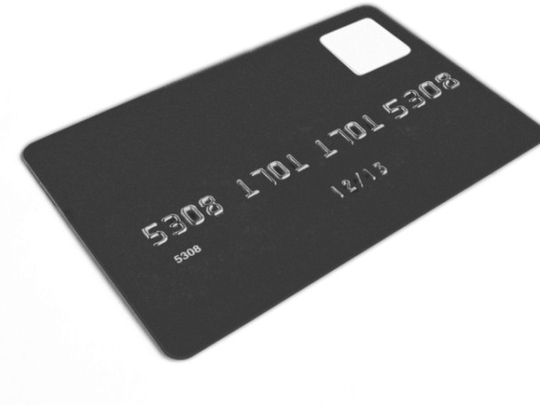
Plastic can be fantastic in terms of convenience when paying for purchases abroad. But smart shoppers say there are a lot of reasons not to swipe your card and consider using cash instead. The two different payment methods can yield very different travel experiences. Following are a few things I have learned over years of travelling around the world.
Swiping helps keep track
For those on a budget, charging all expenses to a card is a good way to track holiday expenses and look at where the money went. It also helps if you are travelling to different countries with their own currencies within a short time. A week in South East Asia may involve Malaysian ringgits, Singapore dollars and Thai baht, each having a widely different value in UAE dirhams. If two or more people are travelling together, sharing everything in such a case can mean you end up doing a lot of maths. In this case, paying with plastic is more than worth any extra fees.
Look beyond the rewards
Those who use credit cards when travelling outside the UAE will know the benefits of spending in international currencies. Rewards such as value points or frequent flyer miles are accumulated at a higher rate in such cases, often to the value of three times the spend when in the UAE. However, these purchases may be more expensive as the exchange rates may differ on different days. Small transactions may not be worth the inconvenience, but for large amounts, this may be something to consider. Again, in countries with high sales taxes, retailers prefer cash and may even offer a discount on the total bill if it is settled in cash. The American travel show host Rick Steves says on his website that dependence on plastic reshapes the travel experience. “Most merchants in the [European] market don’t take credit cards. Going through the back door requires hard local cash,” he writes.
When using a card, you may be asked if you want to pay in dirhams or local currency. This option called dynamic currency conversion may help you stay on top of payments, but the merchant may charge you for this.
Let the bank know
Visa advises getting in touch with your financial institution to tell them where and when you’ll be travelling. This can help ensure that your card isn’t flagged for unusual activity and blocked. As long as the card company knows where you’re headed, it will allow international transactions to be processed. UAE residents have reported receiving calls from banks such as Mashreq to confirm if transactions are genuine, even at the point of sale.
Beware of additional fees
It is a good idea to enquire at the same time if the bank levies charges on transactions made in foreign currencies abroad, particularly with debit cards. With some providers, these charges can be about 3 per cent. But the situation varies according to the provider and the country you are travelling to. Travellers to the US could soon be faced with a checkout fee when paying with credit cards, following a multibillion-dollar settlement between credit-card issuers and millions of merchants. According to Visa’s US website, merchants in some states are now permitted to impose a surcharge on consumers when they use a credit card. Historically, Visa has not permitted retailer surcharging, but this changed in last year’s settlement following litigation brought by a class of retailers in 2005. If retailers intend to impose a surcharge on credit-card purchases, they are required to notify customers before they make a purchase at the store entrance and at the point of sale or in an online environment on the first page that references credit-card brands. “Retailers must disclose surcharge fees on every receipt, both in store and online. Carefully review receipts where checkout fees should appear,” the website says. “Retailers can encourage their customers to use other forms of payment such as cash and checks.”
Smart cards
Travellers to Europe, on the other hand, have been familiar with cash counter staff asking for smart cards or chip and PIN cards. These are cards designed with extra security, such as microchips programmed with user information and a four-digit personal identification number that must be entered when making a purchase. For example, train ticket vending machines in countries such as France and Germany now require consumers to use smart credit cards. A few UAE banks already offer chip and PIN cards.
Consider backups
Increasing incidents of security breaches and consumer accounts being hacked can have consequences on travellers, leaving them stranded because their banks may cancel credit and debit cards for security reasons. To avoid such a situation, it is best to have at least one backup card. In addition to having a credit card and a backup card, carrying some cash ensures you always have options. Visa also advises making a copy of everything in your wallet. Carrying a file with the credit-card account numbers and contact details is also important so that if your card is lost or stolen, you are able to contact the company immediately to cancel the card and issue a replacement.
— GN Focus Report








